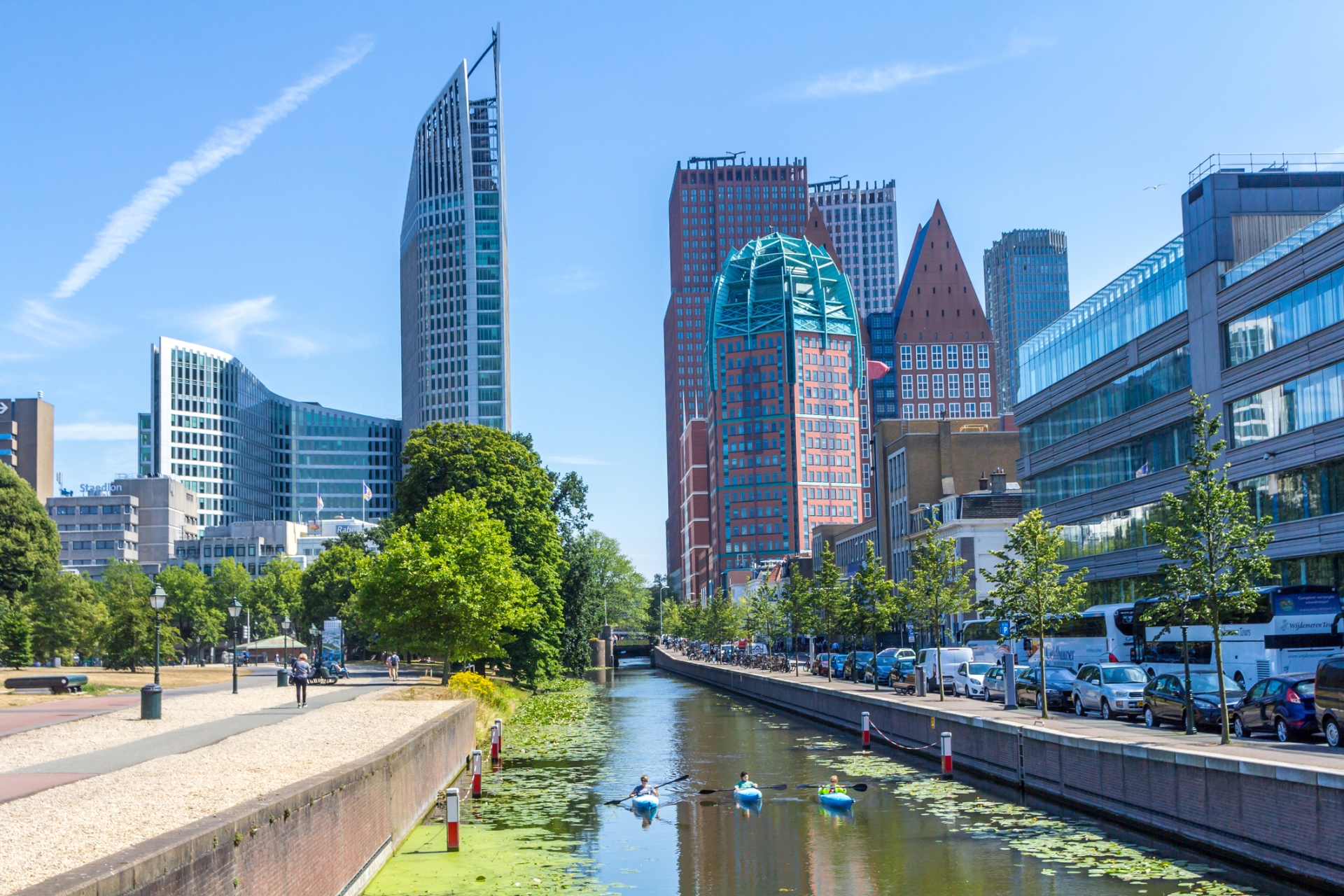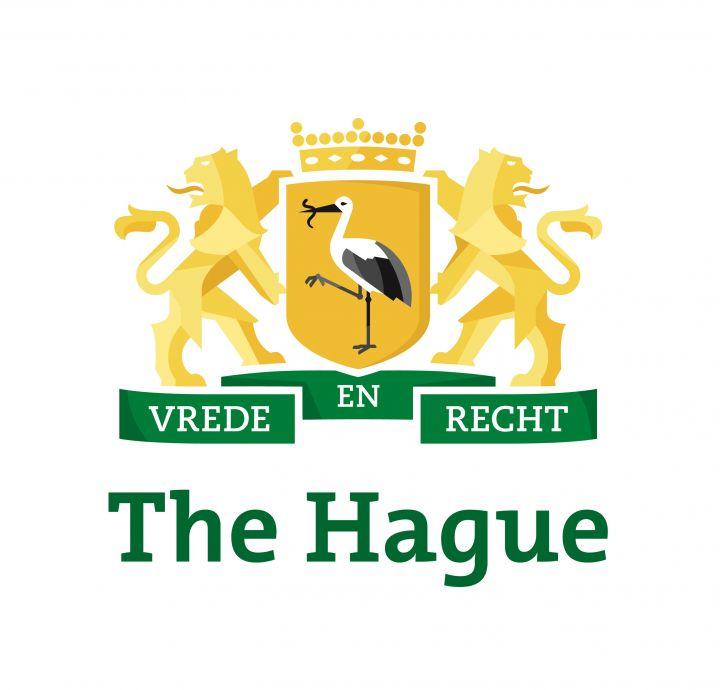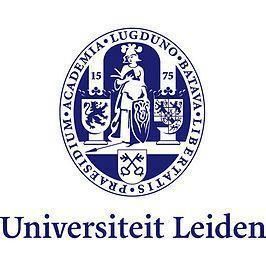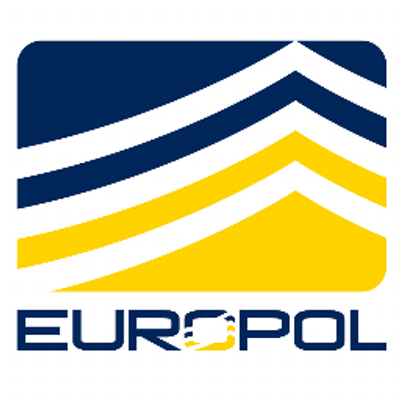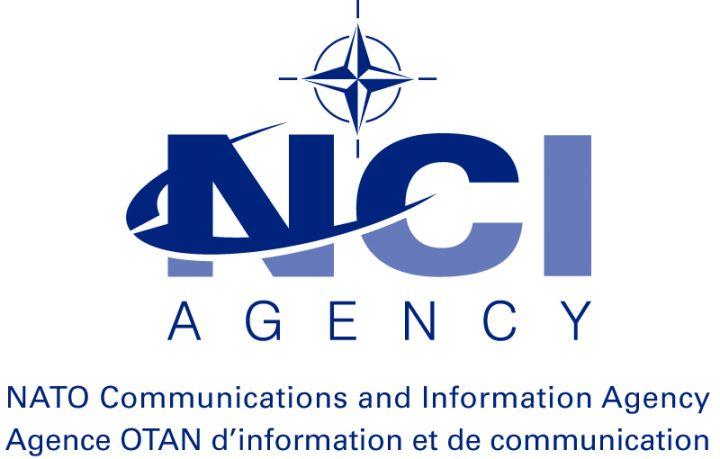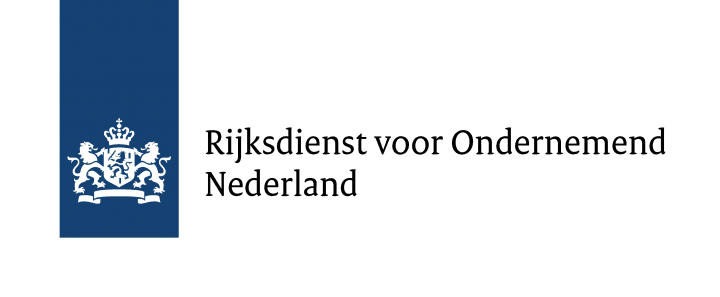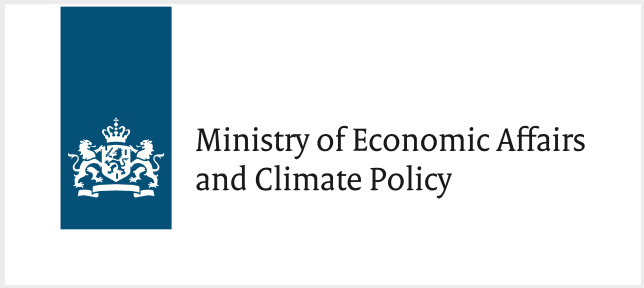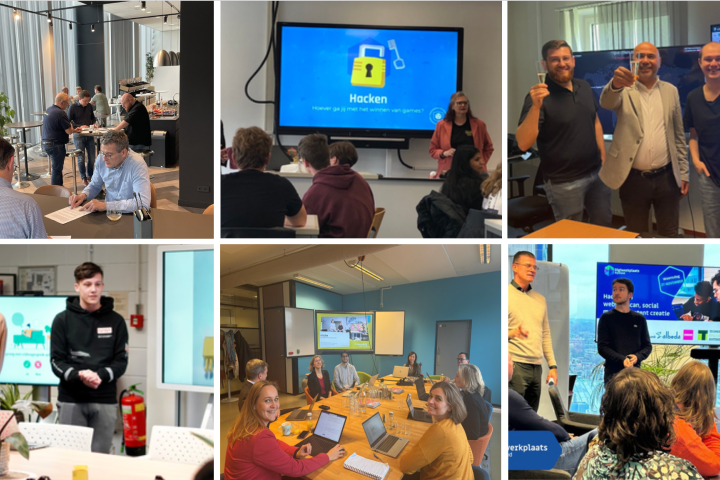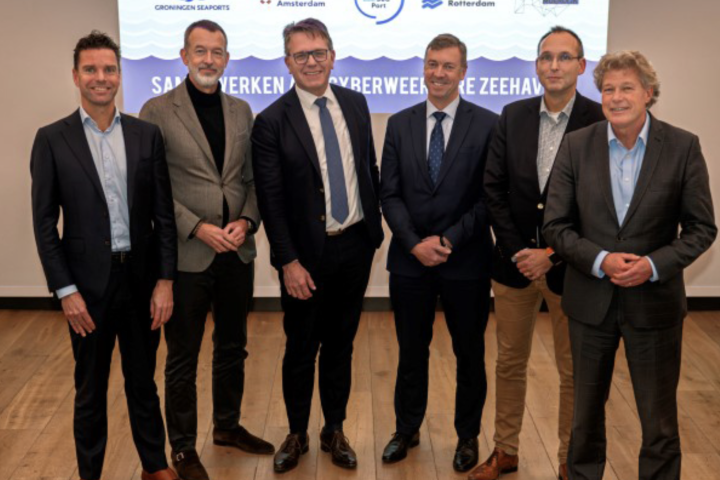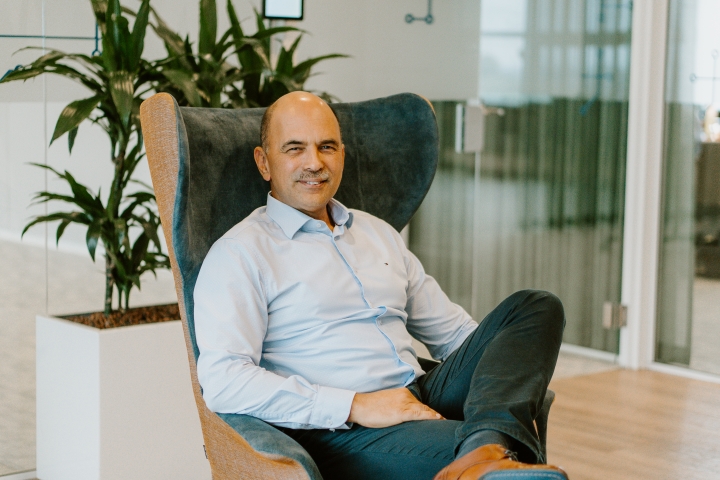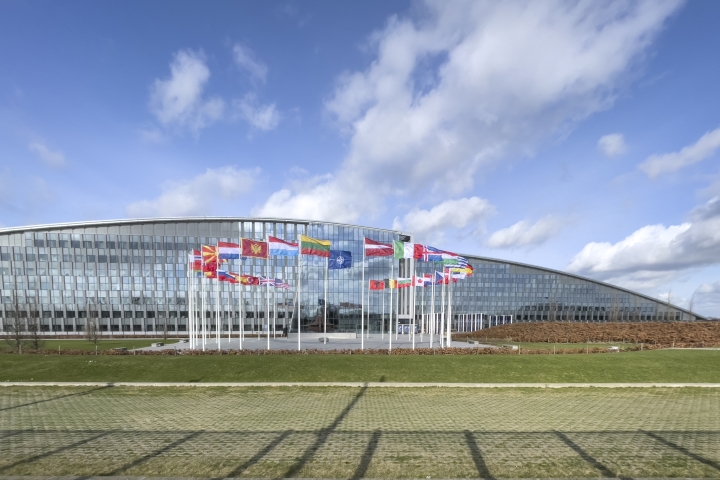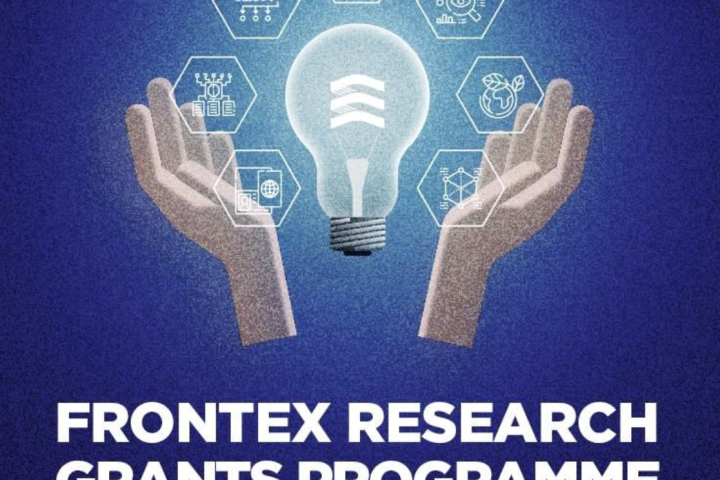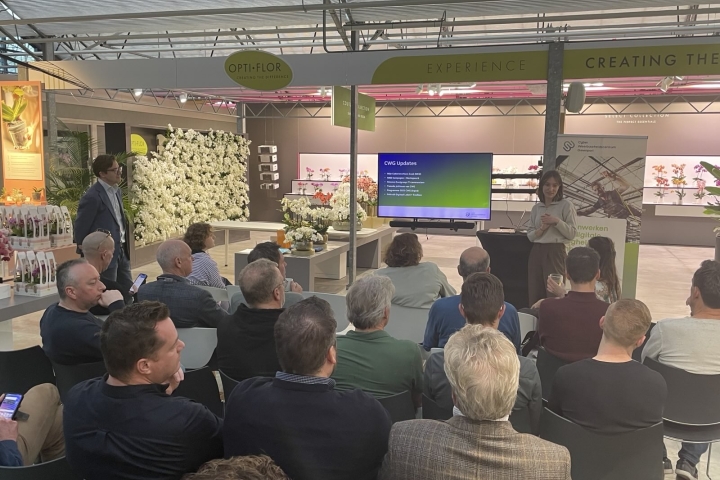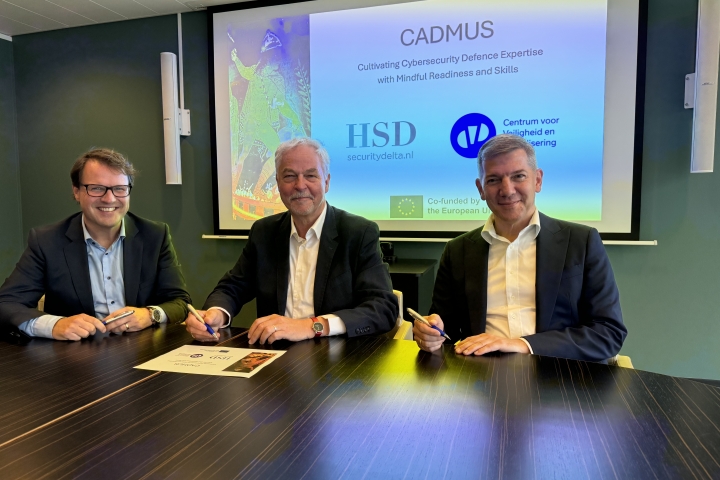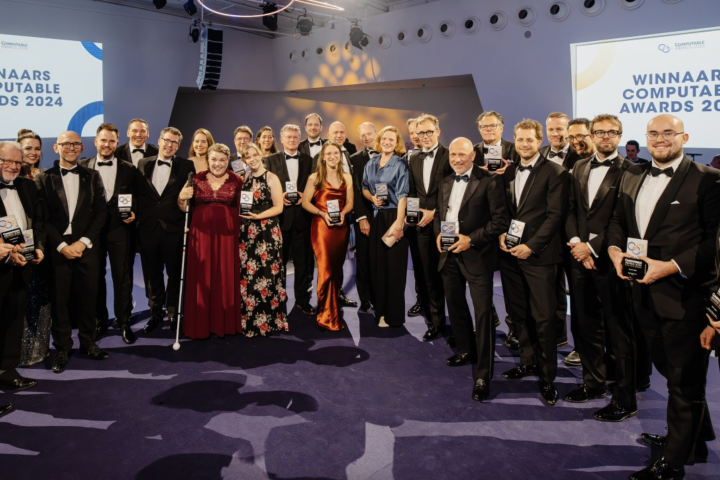Decrypting Cybersecurity in the Netherlands
There was a time when threats of society were secured with physical barriers, such as a castle with a moat in medieval times. More recently but still in the distant memory, people hid cash under mattresses and only saw doctors when they were sick. As these types of security become increasingly obsolete, cybersecurity advancements in everything from fintech and life sciences and health are changing the way the entire world operates. As a society we are now connected through physical walls and threats do not end at the border of your country, company, city or house.
In the Netherlands, we know technology and data are part of virtually every industry, and the currency of all these innovations – data – has become as valuable as the personal identifiable information we are trying to protect. It’s not just protecting businesses, but rather securing our very identities that are increasingly digitized like never before.
An innovative and ever-growing Dutch cybersecurity sector offers fresh opportunities for foreign direct investment that are undoubtedly – forgive the pun – safe.
A unique digital identity
With 24 billion Euro spent in the Dutch IT market, and 10% of that related directly to cybersecurity, the cybersecurity sector is growing almost 15% each year to research and produce the tools that protect almost every aspect of our lives.
To support such growth, the Netherlands boasts cutting edge infrastructure including the Amsterdam Internet Exchange (AMS-IX). AMS-IX is among the largest digital data distributors in the world, helping bolster the nation’s image as the digital gateway to Europe.
Eric van Pelt, IT sector specialist for the Netherlands Foreign Investment Agency (NFIA), underscores how the Netherlands and its triple-helix partnerships – uniting businesses, government and universities – leads to more effective knowledge sharing. That’s only the start, however, to why the Netherlands is a smart choice when it comes to investing in cybersecurity tools and development.
Clustered in The Hague
More than just the residence of the Dutch government, The Hague is a Dutch city synonymous with peace, justice and security. It’s home to the Dutch security cluster called ‘Security Delta’ (HSD), a network with the aim to stimulate innovation and collaboration in the field of security in our digitizing world. As one of Europe’s leading security clusters, Security Delta (HSD) has brought together more than 275 private and public sector companies since 2013, including Cisco and Booz Allen Hamilton. Their inspiring meeting place is the HSD Campus in The Hague.
The Netherlands is in a growing position at the forefront of cybersecurity. Rather than strictly being a leader, Holland is a secure digital gateway to other markets in Europe and boasts an independent way of thinking that international entrepreneurs appreciate. Bert Feskens of Security Delta (HSD) explains, “The Netherlands is big enough to make a difference and small enough to not be a threat. We are truly willing and able to work together with other countries on developing cybersecurity solutions.”
At the HSD Campus, this mentality is fostered in a three-story complex home to innovators and startups, as well as a digital forensic lab. It’s a central hub for fostering the unique mix of public and private collaboration that makes the Netherlands such a strong choice for cybersecurity investments. Companies at the HSD benefit from access to capital, innovation, talent, knowledge and the market.
Ecosystem of cybersecurity in the Netherlands
It’s not just HSD paving a path for cybersecurity growth in the Hague. Europol’s European Cybercrime Centre (EC3) aids in law enforcement response to cybercrime for all European citizens from its seat in the Netherlands. Meanwhile, NATO’s Communications and Information (NCI) Agency acquires, deploys and defends communications systems for NATO’s political decision-makers. From The Hague, NCI works closely with governments and industry to prevent cyberattacks.
The Dutch government also continues to foster growth in a triple-helix approach through the Global Forum on Cyber Expertise (GFCE). A partnership of more than 140 global members, GFCE strives to facilitate intentional and action-oriented international collaboration, while mitigating duplication in cybersecurity efforts. Finally, The Hague is home base for the Dutch National Cyber Security Centre (NCSC), leading cybersecurity in the Netherlands for everything from payment services to clean tap water and flood prevention. The efforts of these cybersecurity organizations in the Netherlands are helping the world become more free, open, peaceful, and secure, digitally.
Access to cybersecurity talent
Strong institutions and open borders within Europe yield an educated and multilingual talent pool for the Netherlands cybersecurity sector. TU Delft, Eindhoven University of Technology, Leiden University, and University of Twente are leading schools breaking new ground in digital security applications. The applied research facility TNO has a strong cyber focus in The Hague as well.
In addition, while Dutch talent is leading in technical skills and education, the country also instills independent thinking that differs from nations with more hierarchical structures. With talent asking “why” when supporting projects as early as high school and college, cybersecurity companies investing in Holland benefit from this being a strong, foundational mindset.
Martijn van Hoogenhuijze of InnovationQuarter gives an example: “If I ask anyone in my team to perform a task I love it when they reply with ‘Why?’ Usually the products or outcome improves. This state of mind allows the Dutch to solve complex problems.” Such thinking is needed to get ahead of tomorrow’s challenges before they arise. “Independent thinking is important in cybersecurity.”
The Dutch quality of life continues to create an inviting environment to attract this kind of international talent, particularly around the HSD, the Twente region and in Eindhoven. Companies investing in the Netherlands “benefit from highly-skilled migrant visas that are processed quickly. The Dutch government is efficient in that sense” explains van Hoogenhuijze. Besides this, with all the international schools and the proficiency in English, the country is great to land or spend a few years.
Verification in progress
Complex, cybersecurity problem solving is already on display as tech companies from Google to Microsoft call the Netherlands home. In fact, more than half of Fortune 500 companies have active IT operations in the Netherlands. Attracted by this strong ecosystem, international security agencies like Europol and NATO also have operations in the Netherlands.
Other companies are also discovering benefits of the Netherlands cybersecurity sector. Cyber defense firm Booz Allen Hamilton committed to protecting Fortune 100 companies with its presence in The Hague. And Thales is defending naval ships from air threats at its location in Twente.
The pandemic has exacerbated society’s reliance on the internet, amplifying the risks of an attack more than ever. As more sectors digitize and become vulnerable to cyber-attacks, innovators in the Netherlands will be supporting a global society. Feskens emphasizes, “You cannot develop a sustainable society without security. The Netherlands knows this, and companies who work with us will soon realize it as well.”
This article was originally published by the Netherlands Foreign Investment Agency on 10 November 2021.




